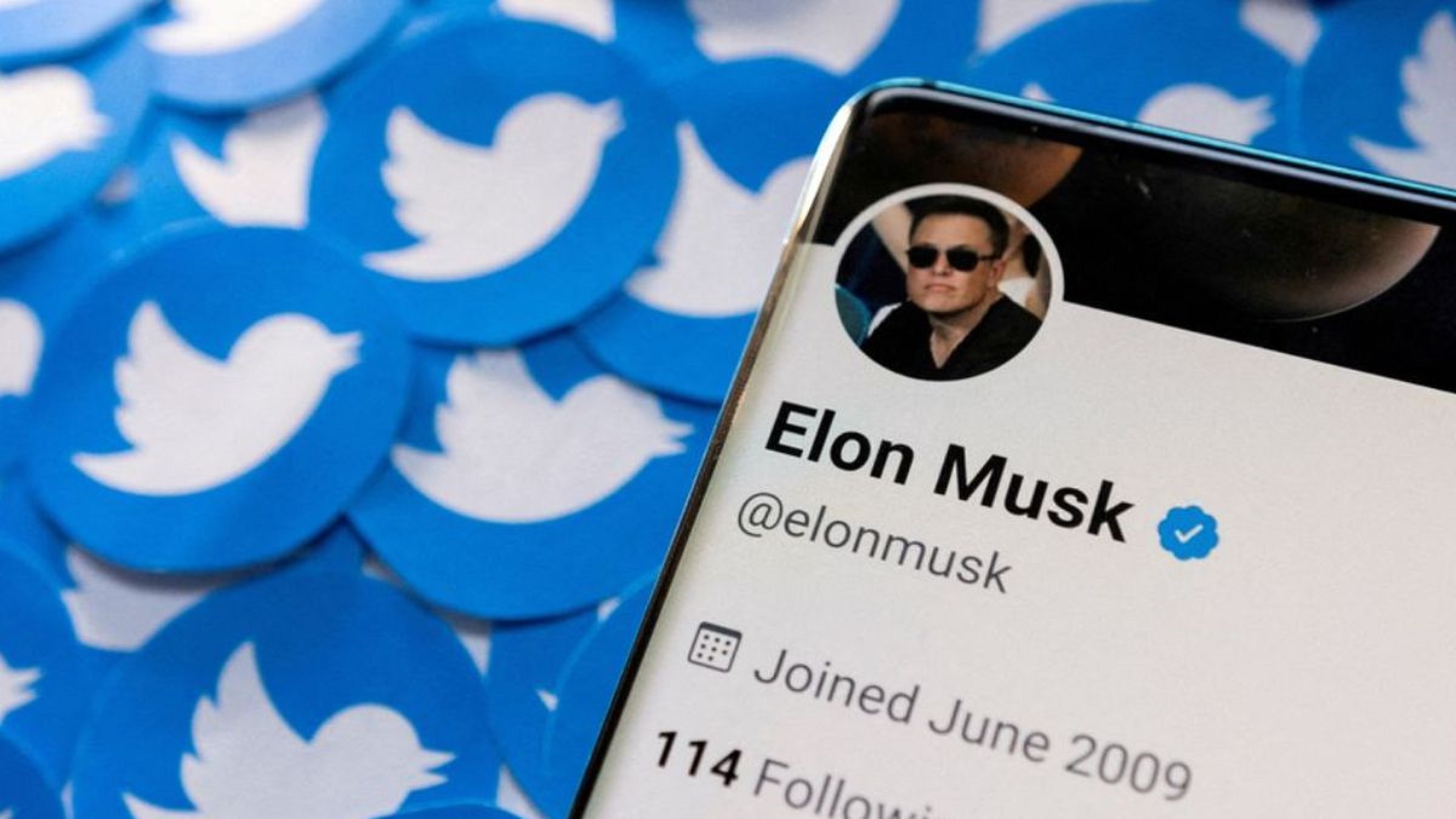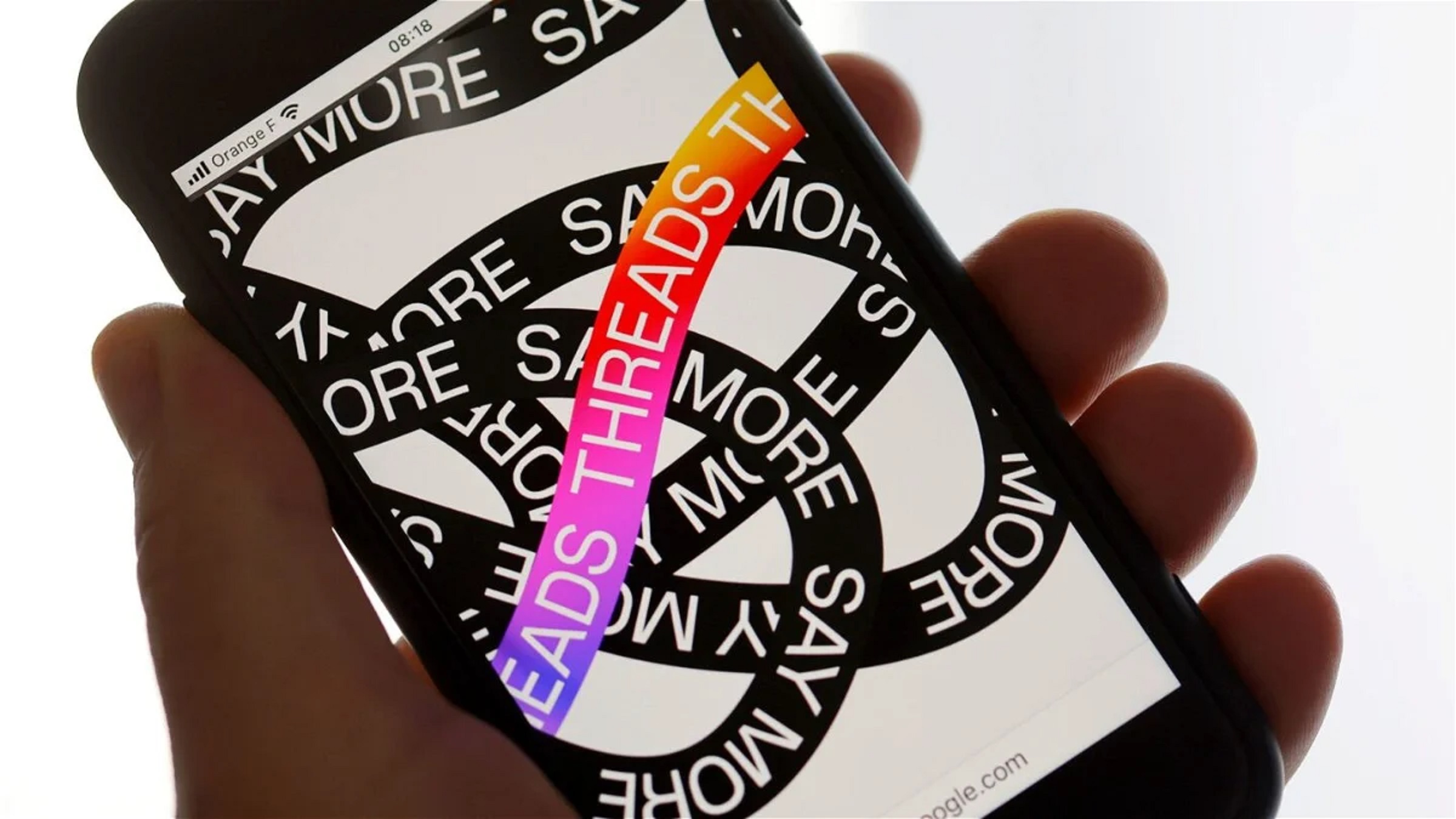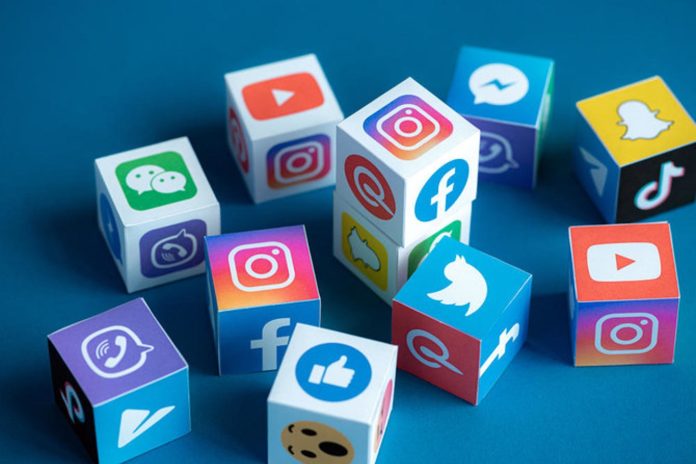- One of the biggest technological inventions of the modern world is the information technology-enabled services taking deep roots in the psyche as well as daily routines in more than one way. None of us would dispute the fact that the byproduct of information technology-enabled services like social media platforms have become so ubiquitous in our lives that we cannot think of leading a normal life without them. Of course, as is the case with any invention, social media platforms too have their limitations insofar as curbing the natural human tendencies to go against fellow human beings. Social media platforms allow people to not only vent their feelings and emotions unbridled but also are found restricted in curbing the spread of toxicity.

PC: File Photo
- As you are aware, technology behemoths are always on the lookout to acquire smaller startups and/or companies that might be potential competitors to the big conglomerates. Thus, we know how a few Big Techs rule the roost, including the social medial platforms enjoying considerable sway even in the decision-making processes of several countries courtesy of their reach. Several countries have tried to establish data protection laws to ensure social media platforms remain within the confines of their original charter rather than start influencing local matters. Nothing has worked as envisaged. We all know how the micro-blogging site Twitter has been in the news right from the time Elon Musk bought the platform.
- We also know how Mark Zuckerberg was contemplating countering Twitter. In line with the same, he has launched Threads, aimed directly at Elon Musk’s Twitter. Remember, how the school-boyish virtual skirmishes of the two tech billionaires, carrying on for years, make little sense of the latest Spiderman meme in Zuckerberg’s first tweet in over a decade This dude-bro act is a silly sideshow. The real point, now that we have yet another social media avatar, is that these platforms can toxically influence national and global discourse and that this happens with dangerously little responsibility shown by these companies when it comes to content moderation. What systems for fighting toxic and fake content Twitter did have been gutted under Musk?

PC: Getty Images
- Since he laid off around 80% of the company’s employees over the last year, those who used to respond to disinformation complaints were also a casualty. Threads, as such, are unlikely to be better. Past exposes of various Zuckerberg platforms warn us to keep our expectation bar low – from the Cambridge Analytica Data privacy scandal to whistleblower Frances Haugen revealing that Meta knew how users in India were being inundated with fake news and hate speech but did little to check this despite its real-life consequences. Social media platforms continue to outsource our safety to algorithms despite their dismal record. So whichever platforms Indians choose, or however many, let’s demand more security.






